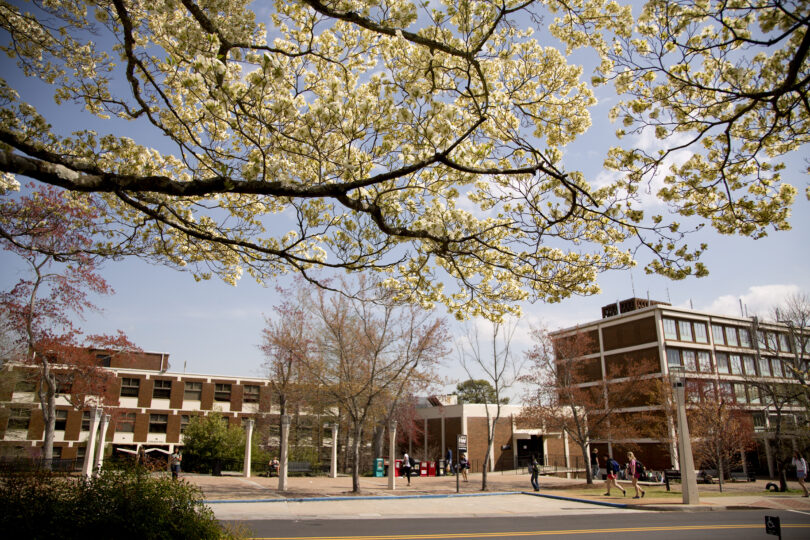During the recent 2022 legislative session, state lawmakers voted to support the University of Georgia’s growing research enterprise by investing close to $49 million to complete the renovation of 186,000 square feet of laboratory space on a section of campus called Science Hill.
The ongoing project is part of a comprehensive capital strategy aimed at modernizing Science Hill’s laboratories to create flexible, efficient research and instructional space that supports multiple disciplines.
“Strengthening the university’s vital research infrastructure will help us attract and retain high-performing faculty, staff and students,” said UGA President Jere W. Morehead. “I am grateful to the Governor, General Assembly, Chancellor and Board of Regents for their support of this and other institutional priorities.”
Renovation and modernization of facilities is essential to keep pace with the university’s growth in research and innovation, which has been fueled by advancements in the fields of infectious diseases, plant sciences, behavioral research, animal health, informatics and many others.
In FY2021, research and development expenditures at the University of Georgia reached nearly $495 million, an all-time high. Since FY2013, R&D expenditures have increased by 41%. For the past eight years, the institution has been ranked among the top five in the nation for the number of new products entering the market based on faculty research.
This growth has presented challenges, particularly on Science Hill, where most buildings were constructed in the late 1950s and early 1960s.
“Laboratory work has changed dramatically in the decades since UGA’s Science Hill was constructed,” said Karen Burg, vice president for research. “We at UGA are grateful for the state of Georgia’s investment to help the university fund these much-needed capital improvements. Once complete, these renovated facilities will enable us both to extend the recent phenomenal growth in UGA’s research enterprise and to better prepare our students for leadership roles in the scientific workforce of the future”
Phase 1 of the Science Hill modernization project is focused on Building 1001, the original Chemistry Building. Located on Cedar Street in the center of a mid-century complex of research and instructional buildings, the building is ideally situated to provide multidisciplinary research and instructional space. Phase 2 will include renovation of the Biological Sciences Building, the university’s largest mid-century science facility.
Both phases of construction will provide higher quality, more flexible environments for contemporary research needs. They also will replace outdated mechanical, electrical and plumbing systems and address safety, accessibility and current structural codes.
The phasing strategy will minimize disruption to ongoing research and instruction, optimize synergies among research clusters with lab planning and space reassignments, and eliminate vulnerabilities associated with the aging infrastructure.
“The modernization of Science Hill complements strategic investments in faculty whose research, instruction and service have a positive impact on our state and world,” said S. Jack Hu, the university’s senior vice president for academic affairs and provost.
Science Hill is one of multiple major projects that received financial support from Georgia lawmakers this session.
The university received $3.2 million for equipment in the new Poultry Science Building, which is currently under construction. It also received funding to support its integrative precision agriculture initiative, including:
- $2.01M for a research and demonstration farm.
- $1.15M for infrastructure and seed grants.
- $750K for an eminent scholar position.
- $500K for equipment and development infrastructure









